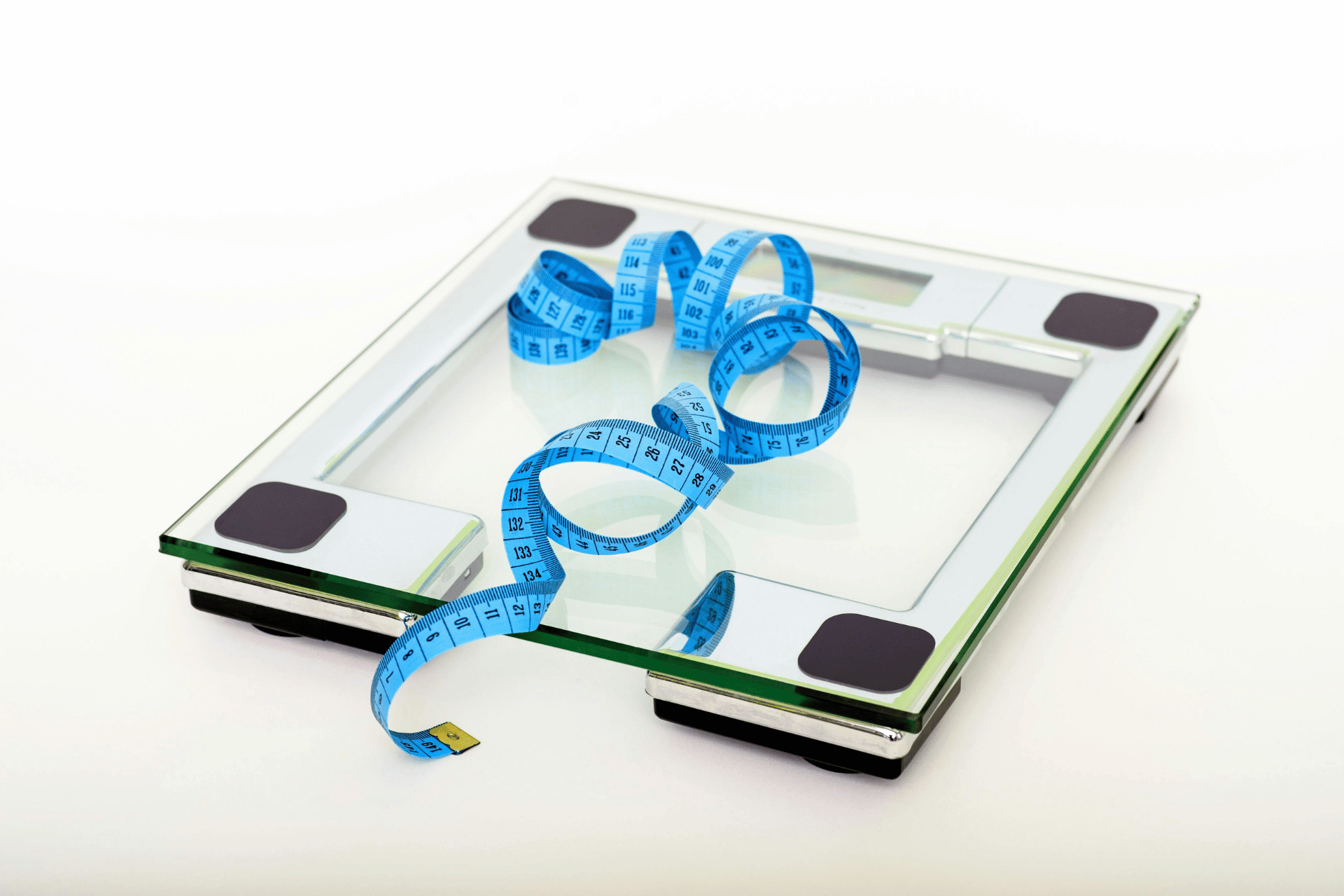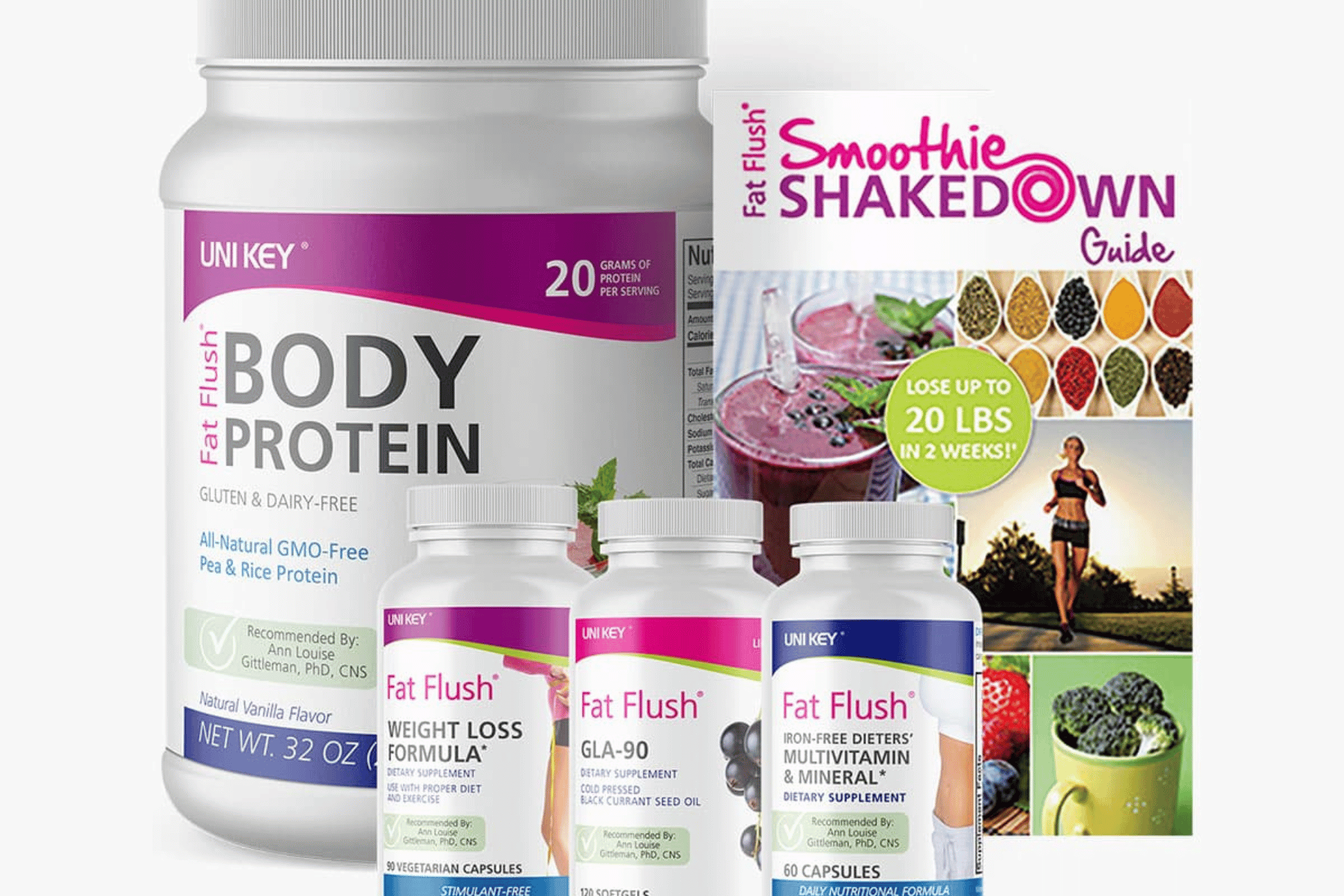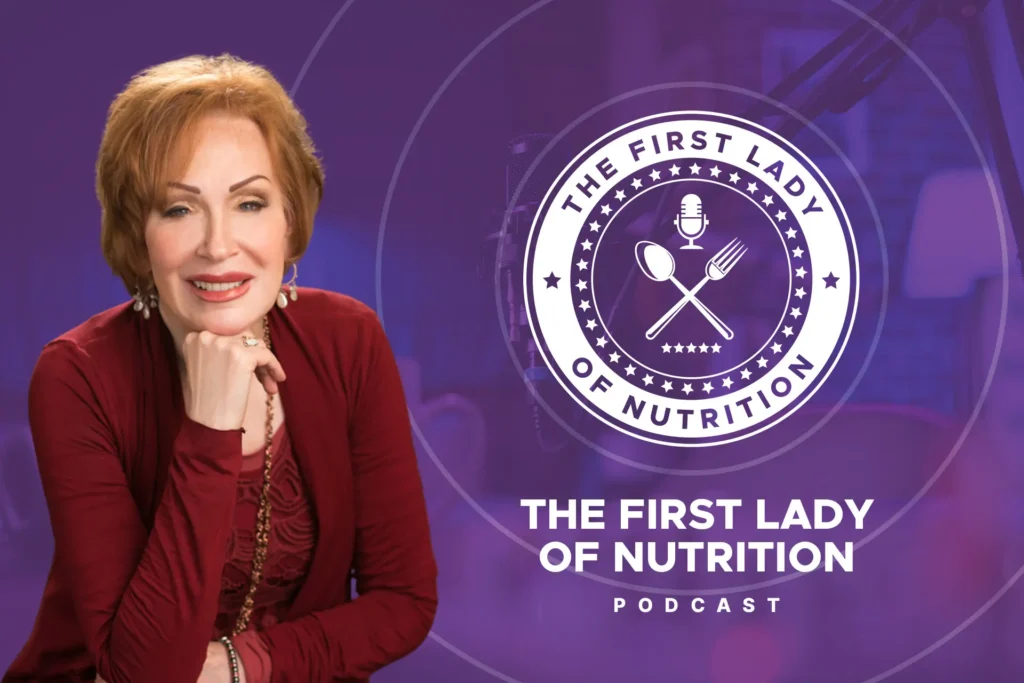Got Health Questions? Get Reliable, Research-Based Answers You Can Trust.
After more than 40 years as a top nutritionist, I believe that every BODY can achieve optimal health and wellness, at any age with the right nutritional guidance. Let’s start your wellness journey together!








































Ann Louise Gittleman, PhD, CNS
For over four decades, millions of people have turned to Ann Louise and her 35+ bestselling books for sage advice, unparalleled wisdom, as well as valuable tips and strategies to transform their health.
From missing gallbladders to liver detox, these specially crafted and condition-specific guides will help you make informed, sensible decisions about your health.
My Curated Collection of Supplements from Uni Key Health
Shop these hand-picked, custom formulations and products for sustained health and vitality, available exclusively from my trusted partner, Uni Key Health for over 30 years.
Join Ann Louise as she interviews the top thought leaders on cutting-edge developments and advancements in health based on decades of science, research and experience.
Latest Articles
Reliable, science and research-backed-articles on leading-edge health topics and trends you can trust.

Your Blood Is Only as Clean as Your Greens: The Missing Link to Fatigue, Brain Fog, and Belly Bloat
I can’t tell you how many clients over the years have come to me saying the same thing: “I’m eating

New Frontiers in Cardiovascular Wellness
Your heart doesn’t take a day off. From the moment you took your first breath, it’s been beating around the

Hormones Out of Whack? Here’s How to Get Your Balance Back
Maybe you’re tearing up over the little things… or finding it harder to sleep… or struggling with extra weight that

Why Diets Stop Working—And the Simple Fix That Melts Stubborn Fat
You’ve cleaned up your eating. You’re walking more. Maybe you’ve even given up the late-night snacks. But the scale? Still

Why Your Joints Hurt — And What They’re Really Missing
Most people think joint pain is just part of aging. Or that it’s something you “manage.” A little creak? Pop

Your Blood Is Only as Clean as Your Greens: The Missing Link to Fatigue, Brain Fog, and Belly Bloat
I can’t tell you how many clients over the years have come to me saying the same thing: “I’m eating

New Frontiers in Cardiovascular Wellness
Your heart doesn’t take a day off. From the moment you took your first breath, it’s been beating around the

Hormones Out of Whack? Here’s How to Get Your Balance Back
Maybe you’re tearing up over the little things… or finding it harder to sleep… or struggling with extra weight that

Why Diets Stop Working—And the Simple Fix That Melts Stubborn Fat
You’ve cleaned up your eating. You’re walking more. Maybe you’ve even given up the late-night snacks. But the scale? Still

Why Your Joints Hurt — And What They’re Really Missing
Most people think joint pain is just part of aging. Or that it’s something you “manage.” A little creak? Pop
Biohack Your Health
Explore the latest tricks, cheats and shortcuts to optimal health at any age, based on new cutting-edge science and research.

The No-Excuse Way to Get Your Greens—Every Single Day
Whether it’s lack of time, picky taste buds, or the thought of another soggy salad, vegetables are the first thing

The 2-Week Biohack That Helps You Drop Inches, Kick Cravings, and Reset Your Metabolism—Fast!
Too tired to meal prep? Bloated from winter indulgence? Clothes feeling snug? This biohack is your 14-day shortcut to feeling

Electrify Your Heart Health with Grounding: The Antioxidant You’ve Been Missing
Most people think of heart health as a numbers game… cholesterol, blood pressure, triglycerides. But what if the secret to

Clear the Hormonal Road Block
Hormones don’t just need balance—they need flow. And if your lymphatic system is sluggish, hormonal traffic can back up fast.

When Diets Stop Working—and the Detox Trick That Still Does
If the scale won’t budge no matter what you eat—or don’t eat—it’s not just about calories. It could be your

The No-Excuse Way to Get Your Greens—Every Single Day
Whether it’s lack of time, picky taste buds, or the thought of another soggy salad, vegetables are the first thing

The 2-Week Biohack That Helps You Drop Inches, Kick Cravings, and Reset Your Metabolism—Fast!
Too tired to meal prep? Bloated from winter indulgence? Clothes feeling snug? This biohack is your 14-day shortcut to feeling

Electrify Your Heart Health with Grounding: The Antioxidant You’ve Been Missing
Most people think of heart health as a numbers game… cholesterol, blood pressure, triglycerides. But what if the secret to

Clear the Hormonal Road Block
Hormones don’t just need balance—they need flow. And if your lymphatic system is sluggish, hormonal traffic can back up fast.

When Diets Stop Working—and the Detox Trick That Still Does
If the scale won’t budge no matter what you eat—or don’t eat—it’s not just about calories. It could be your










